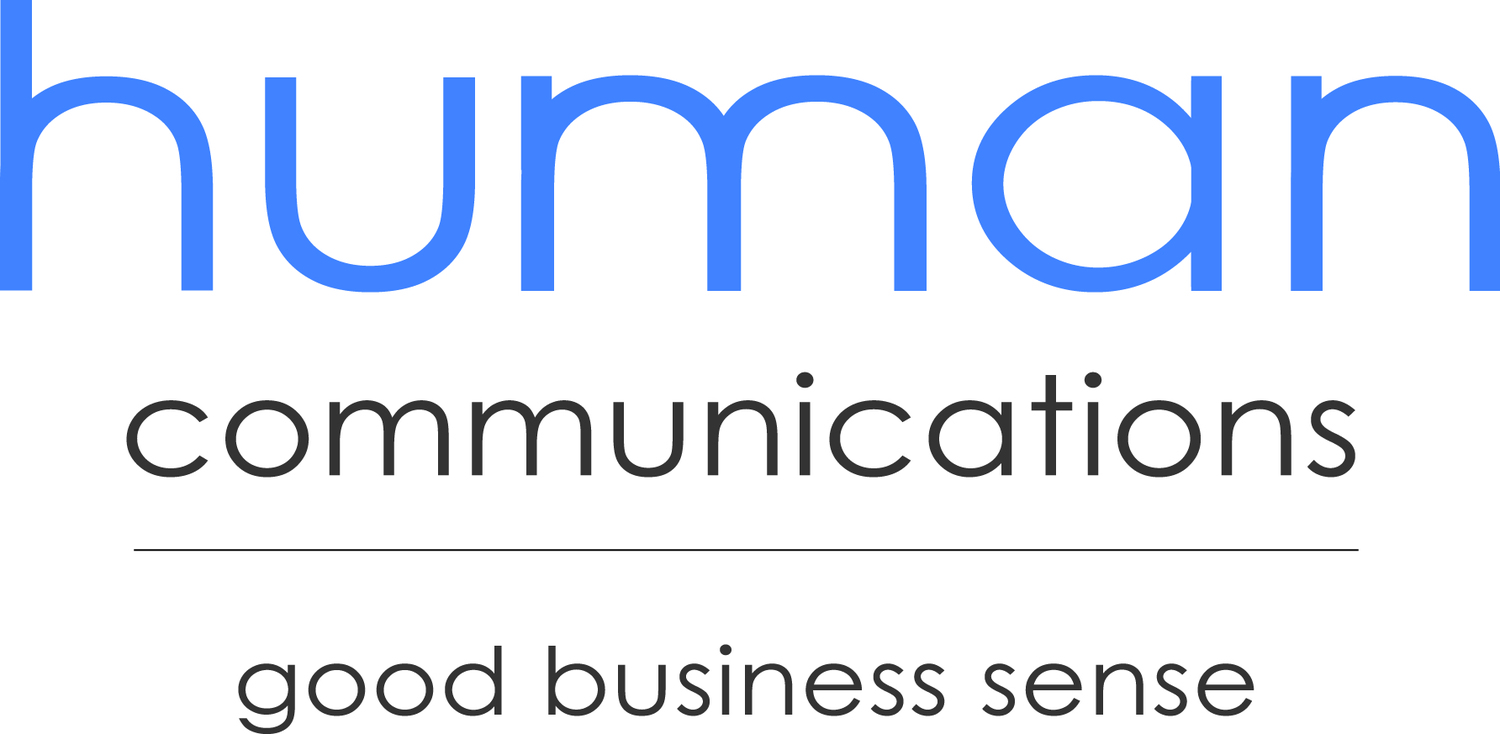Is your website focused on long-tail searches?
The end of the calendar year is always a busy time for trendwatchers. And 2013 was no exception, with industry observers releasing a flurry of predictions for 2014. If you're planning to improve your website's performance this year, then one of these trends could make all the difference.
Forecasting the top digital trends for 2014, a recent Forbes article noted that 'growing voice-activated searches from mobile devices means more need for “long tail” Q&A based keywords.'
Put simply, when someone carries out a spoken search on their smartphone, they're likely to use longer phrases to carry out that search – for example, by asking a question. They're also more likely to use natural language in their search. In doing so, they will typically receive more specific, tailored results.
Because of this, 'long-tail' keywords – longer search terms made up of a string of words – are set to increase in popularity.
The arrival of these longer search terms is a trend we've talked about before. And these searches should also lead to more accurate results, thanks to developments such as Google's introduction of its 'Hummingbird' algorithm last year, which reportedly pays closer attention to each word in a search query.
So, what does this mean for your business? To make the most of this gradual shift in search behaviour, companies should continue to create content that focuses on customers' needs and addresses their most common questions. This content will then naturally match the search terms people are using on their smartphones and tablets, helping to draw visitors to your website.
At the same time, the use of clear and natural language on your website can help to ensure that you keep visitors engaged when they do find you. And the more that you're able to focus on helping potential customers, the more likely they are to take action on your website.
As 2014 progresses, one thing's for sure: the experts will continue to make predictions about how search is changing and the different ways you can improve your visibility online. But whatever the trend, it will always pay to think about what your customers want to know and provide as much of that information as possible. That way, whether their search involves two words or 20, they're more likely to end up on your website.
Have people's changing search habits affected how you create your website content? Are you doing anything to draw in 'long-tail' searchers in 2014?

